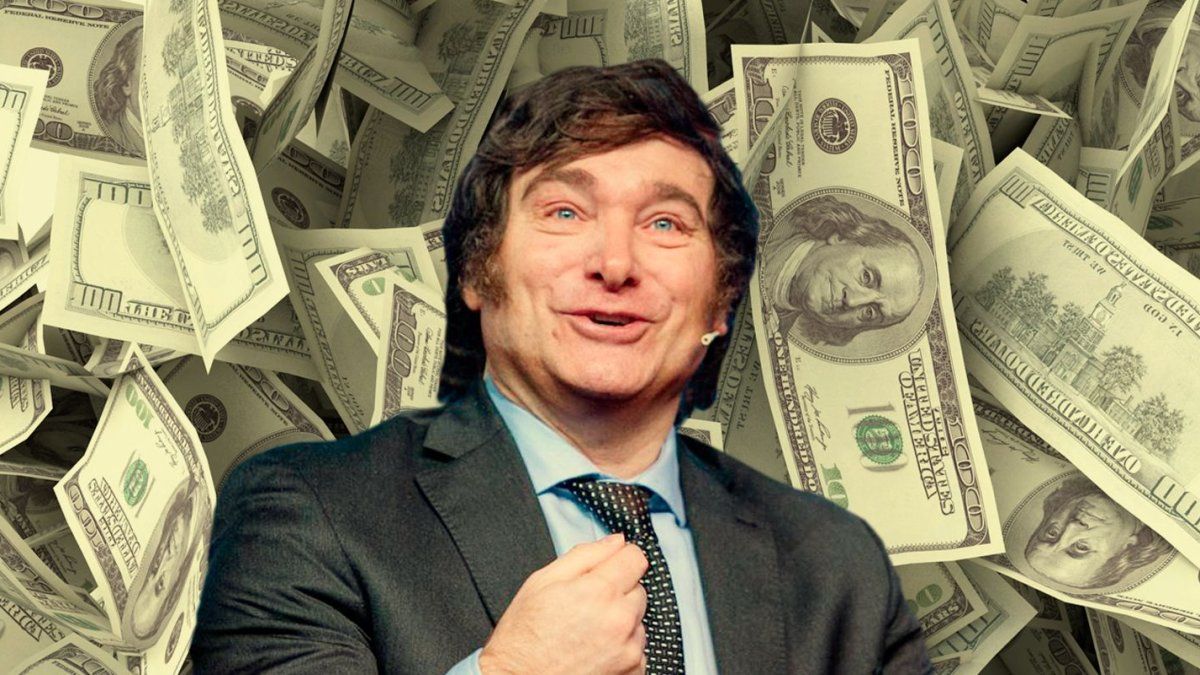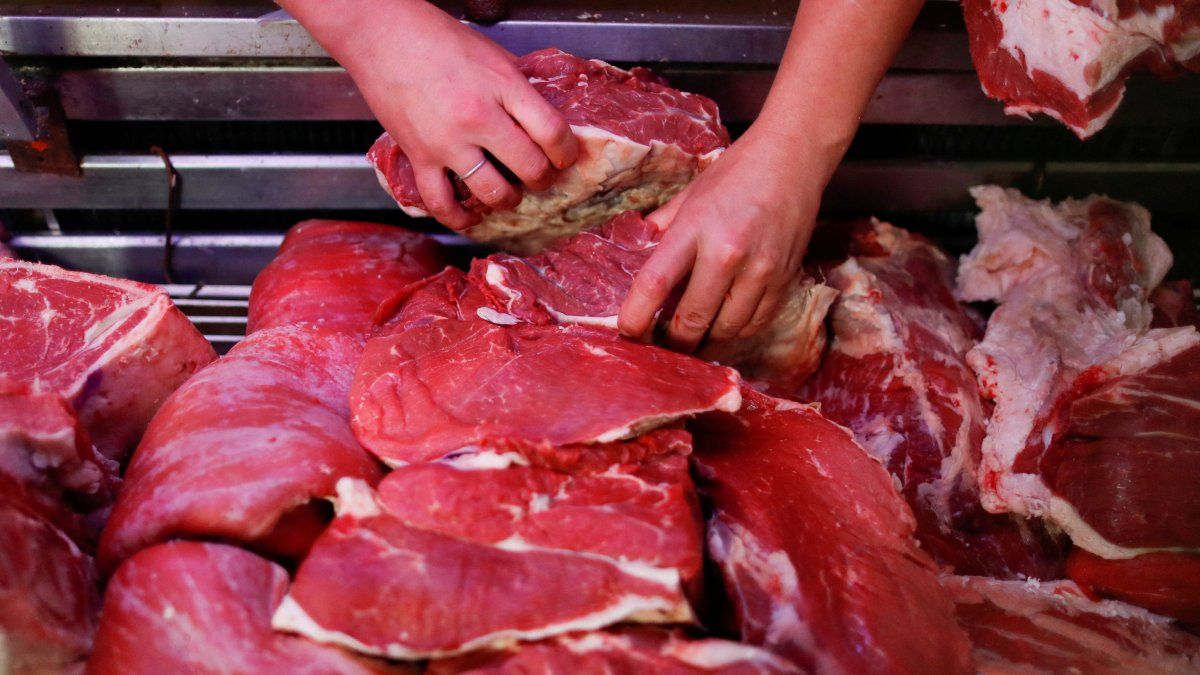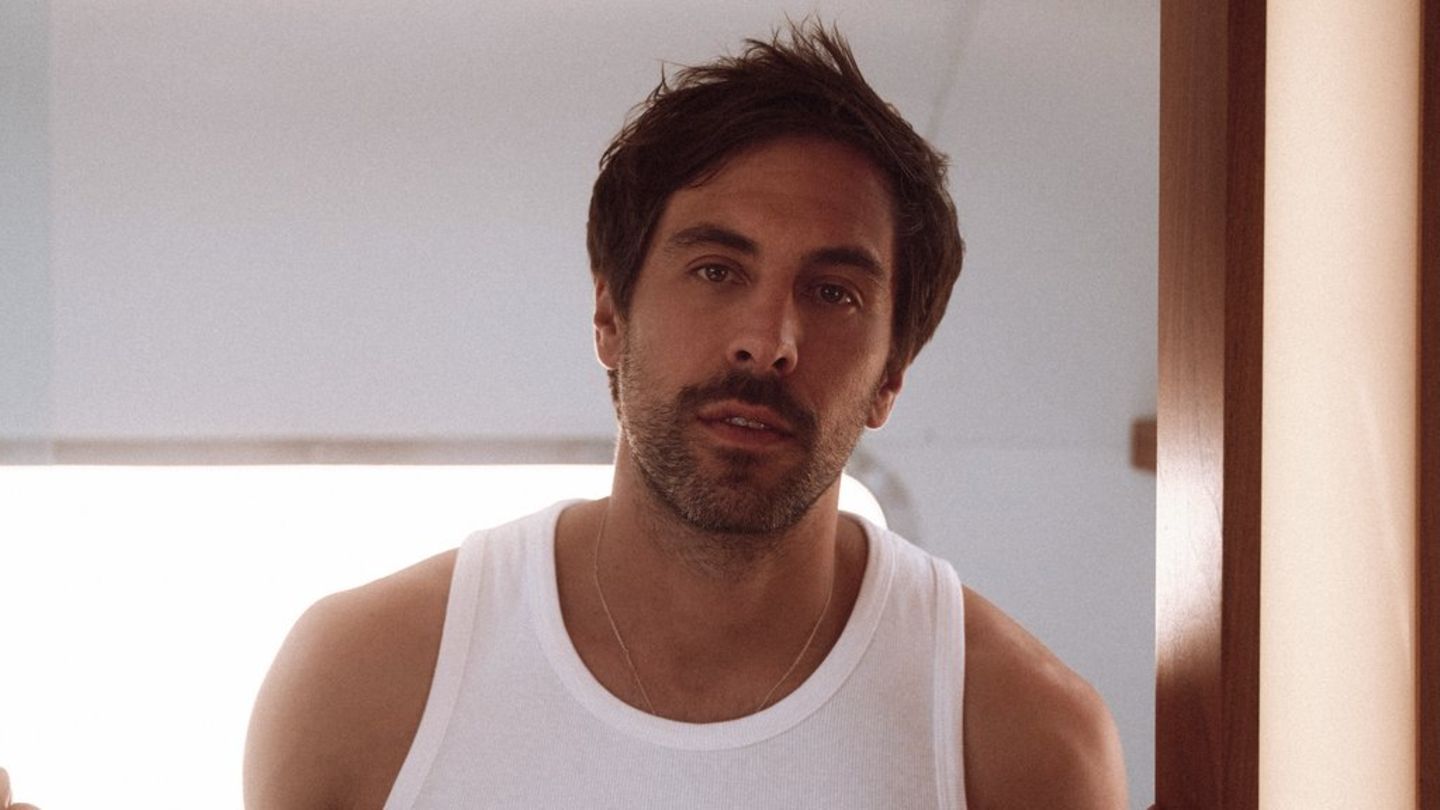I am an author and journalist who has worked in the entertainment industry for over a decade. I currently work as a news editor at a major news website, and my focus is on covering the latest trends in entertainment. I also write occasional pieces for other outlets, and have authored two books about the entertainment industry.
Menu
Max Giesinger: How does he look into the future when it comes to love?
Categories
Most Read
“DSDS” star Aneta Sablik: pregnant again after two miscarriages
October 19, 2025
No Comments
What Sam Rivers, bassist and founder of Limp Bizkit, died of
October 19, 2025
No Comments
Pain in music due to the death of Sam Rivers, bassist and founder of Limp Bizkit
October 19, 2025
No Comments
Sarah Ferguson: Massive allegations about Epstein connection
October 19, 2025
No Comments
Patrice Aminati on her cancer treatment: “It cost me almost more strength than I have”
October 19, 2025
No Comments
Latest Posts

They will do everything possible to generate panic with the dollar
October 19, 2025
No Comments
The president Javier Mileitrue to his style, was active on social networks in the last few hours. This time he positioned himself on two central

Meat increased less than inflation in the last four months: the reasons
October 19, 2025
No Comments
October 19, 2025 – 1:18 p.m. Meat prices have remained stable in recent months, but consumption remains historically low. Reuters In the last four months,

What are the jewels that were stolen from the Louvre Museum and how much are they worth?
October 19, 2025
No Comments
October 19, 2025 – 1:00 p.m. The historic building closed its doors exceptionally while the facts are investigated. Paris was shocked this Sunday after a
24 Hours Worlds is a comprehensive source of instant world current affairs, offering up-to-the-minute coverage of breaking news and events from around the globe. With a team of experienced journalists and experts on hand 24/7.

